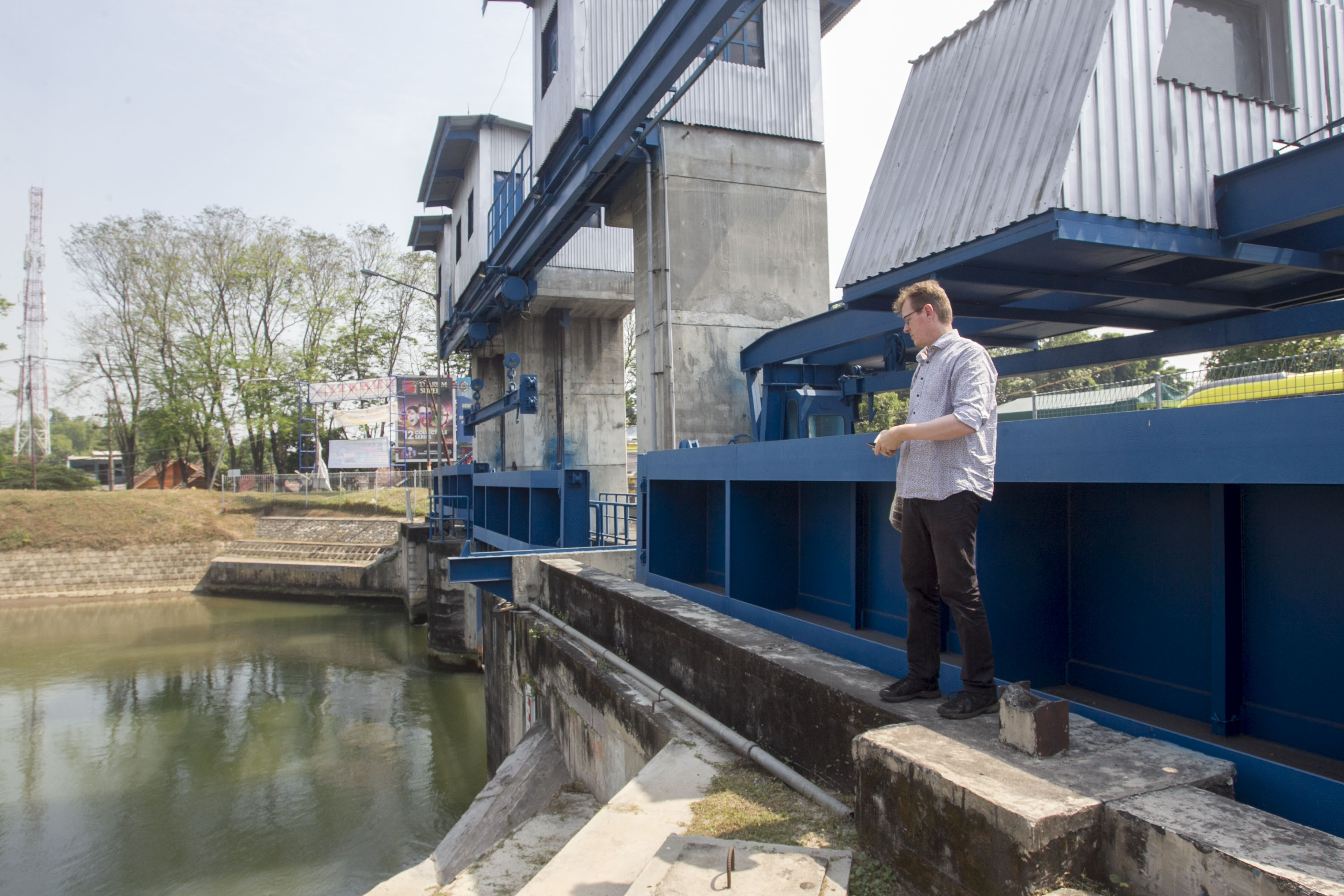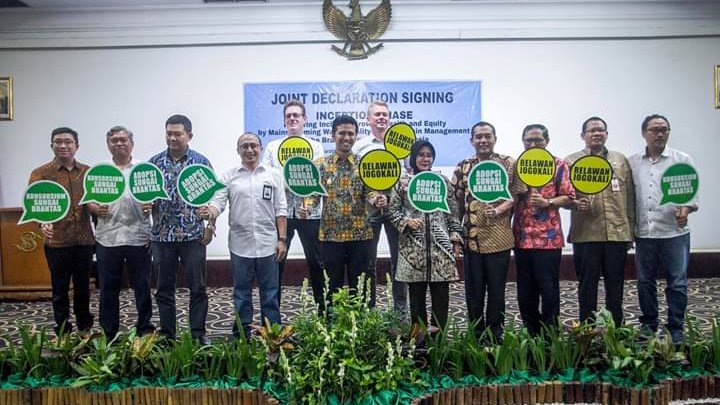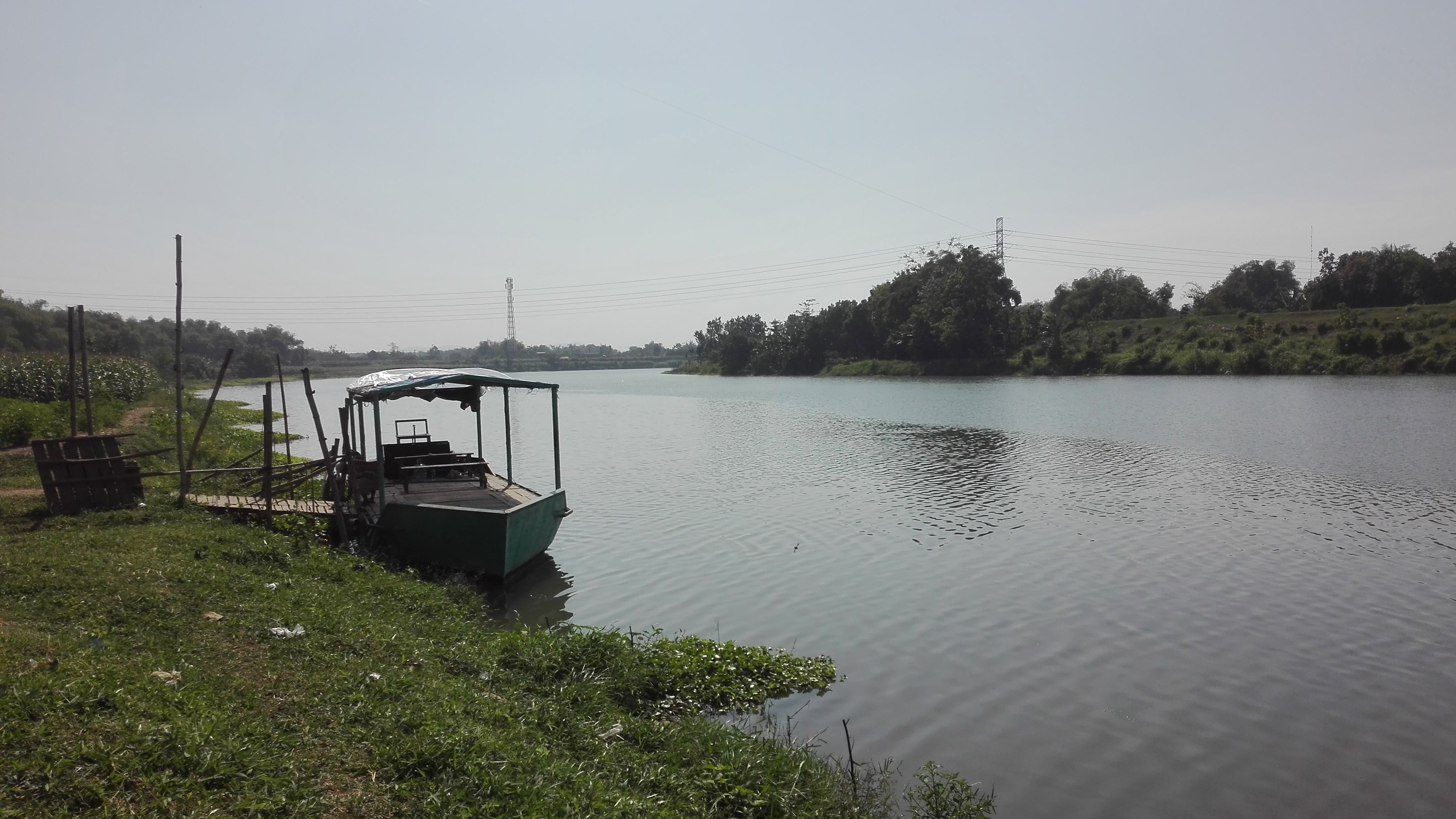Fostering inclusive growth, health and equity by mainstreaming water quality in the Brantas River Basin, Indonesia
Maurits Ertsen (Water Resources) received a subsidy of 3 million euro’s from RVO for his 6-year River Basin Management-project in Indonesia. “Together with project partners BBWS Brantas, PJT 1, DLH East Java, Ecoton, and Tauw we will focus on water quality governance in the Brantas river on Java, through a public-private approach including good governance, hydrology and water quality,” says Ertsen.
Research is needed
Over the past 20 years, water quality in Indonesia, and in the Brantas river, has deteriorated due to an increase of water pollution. Research and analysis is needed to identify pollution sources and assess contamination in Indonesian water resources. Water quality management is not yet sufficiently integrated in river basin management in Indonesia, which mainly focuses on water quantity.
Socio-economic inequalities
Women are comparatively highly impacted by failing water resources management, but their involvement in decision making processes is limited. Water quality deterioration continues to increase socio-economic inequality, as the poorest communities tend to live along the river. The uneven water quality related disease burden in the Brantas River Basin widens the socio-economic gap between societal groups. In the Brantas region, cooperation and intention between stakeholders to tackle these issues is growing, but it is still fragile. Overlapping institutional mandates, the unclear status of water quality monitoring networks, and still relatively limited commitment of industries to treat their waste water streams are all challenges the project takes on.
Supporting change
The existing group of Indonesian change makers will be supported by this project. The four Indonesian and two Dutch organisations have teamed up to stimulate negotiation platforms in order to deal with institutional challenges, to increase water quality monitoring capacity, and to build an enabling environment facilitating sustainable industrial change and to support community concerns and civil society initiatives. The project builds on integrated water quality monitoring and modelling within a framework of social learning. The strong consortium will be able to build links with civil society groups (including women, farmer and fisher unions) in close cooperation with local, regional and national Indonesian government institutions to clean the Brantas river and secure income and health for East Java’s population, in particular the most vulnerable groups.


